- Product Name: Siemens 61H Booster Relay
- Type: Electromechanical relay
- Purpose: To amplify or boost a control signal for reliable operation in motor protection and control systems.
2. Function and Application
- Relay Function:
- The 61H Booster Relay is designed to enhance or boost control signals, particularly in situations where a weak control signal might otherwise be insufficient to activate or control larger systems, like motors.
- It is primarily used to improve the reliability of motor control and protection circuits.
- Applications:
- Motor Protection: Used in electrical motor circuits to help protect the motor from overloads, short circuits, or other fault conditions.
- Signal Amplification: Boosts control signals in automation systems to ensure reliable activation of relays or other control components.
- Control Circuitry: It is used in scenarios where the control signal needs to be amplified to control higher current or voltage circuits, especially in industrial and commercial applications.
3. Specifications
- Voltage Rating: Specific voltage ratings depending on the design (e.g., 120V, 240V, or higher).
- Current Rating: Designed for use in systems that require amplification of low-level control signals to activate higher-current systems.
- Relay Type: Typically electromechanical, with a set of contacts for controlling circuits.
- Operating Temperature: Designed to operate within a specific temperature range, commonly from -10°C to 55°C.
- Coil Voltage: The control (input) voltage for activating the relay.
- Contact Configuration: Commonly has NO (Normally Open) and NC (Normally Closed) contacts for various circuit configurations.
4. Features
- Signal Boosting: Helps amplify control signals, ensuring that motor circuits or other control systems operate reliably.
- Overload Protection: In motor protection circuits, the relay helps prevent damage due to overcurrent or excessive loads.
- Dual Contact Output: Provides both Normally Open (NO) and Normally Closed (NC) contacts for flexible circuit control.
- Compact Design: Typically designed to fit within standard control panels or motor protection setups.
- Durability: Built to withstand the rigors of industrial environments.
5. Wiring and Installation
- Wiring Diagram:
- The 61H Booster Relay will have connections for the coil (control side) and for the contacts (load side).
- Typically includes terminals for NO and NC contacts that are used for the connected control or motor circuits.
- Installation Considerations:
- Ensure the relay is wired correctly to match the control voltage and current levels.
- Properly fuse or protect the control and load circuits to avoid damage to the relay or other components.
- Mount the relay in a dry, ventilated area, ensuring the connections are secure and safe from moisture or physical stress.
6. Safety and Compliance
- Safety Standards: Meets industry standards for electrical safety (e.g., UL, CE, or IEC certifications depending on region).
- Electrical Ratings: The relay should be matched to the voltage and current requirements of the application to avoid electrical faults or malfunctions.
- Overload and Short-Circuit Protection: The relay may be used to protect circuits from overcurrent situations, ensuring the longevity and safety of connected equipment.
7. Troubleshooting
- Common Issues:
- Relay not activating: Could be due to a failed coil, incorrect voltage, or contact issues.
- Intermittent operation: Might be caused by faulty connections or an unstable control signal.
- Overheating: May occur if the relay is exposed to excessive load currents or operates outside its rated temperature range.
- Diagnostic Tips:
- Check the input control voltage to ensure it meets the relay’s specification.
- Inspect relay contacts for wear or corrosion.
- Test the relay with a multimeter to verify the continuity of the coil and contact circuits.

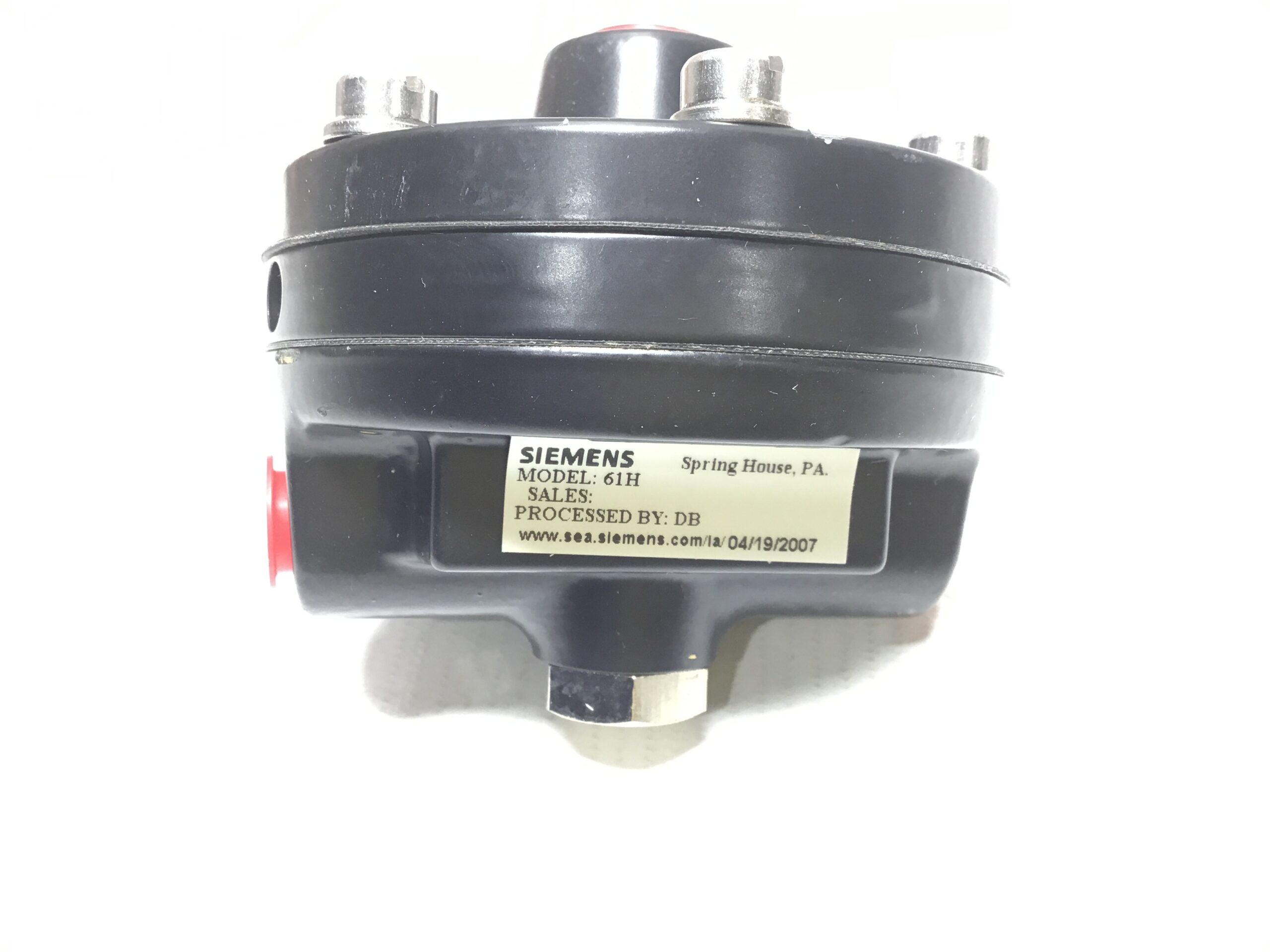
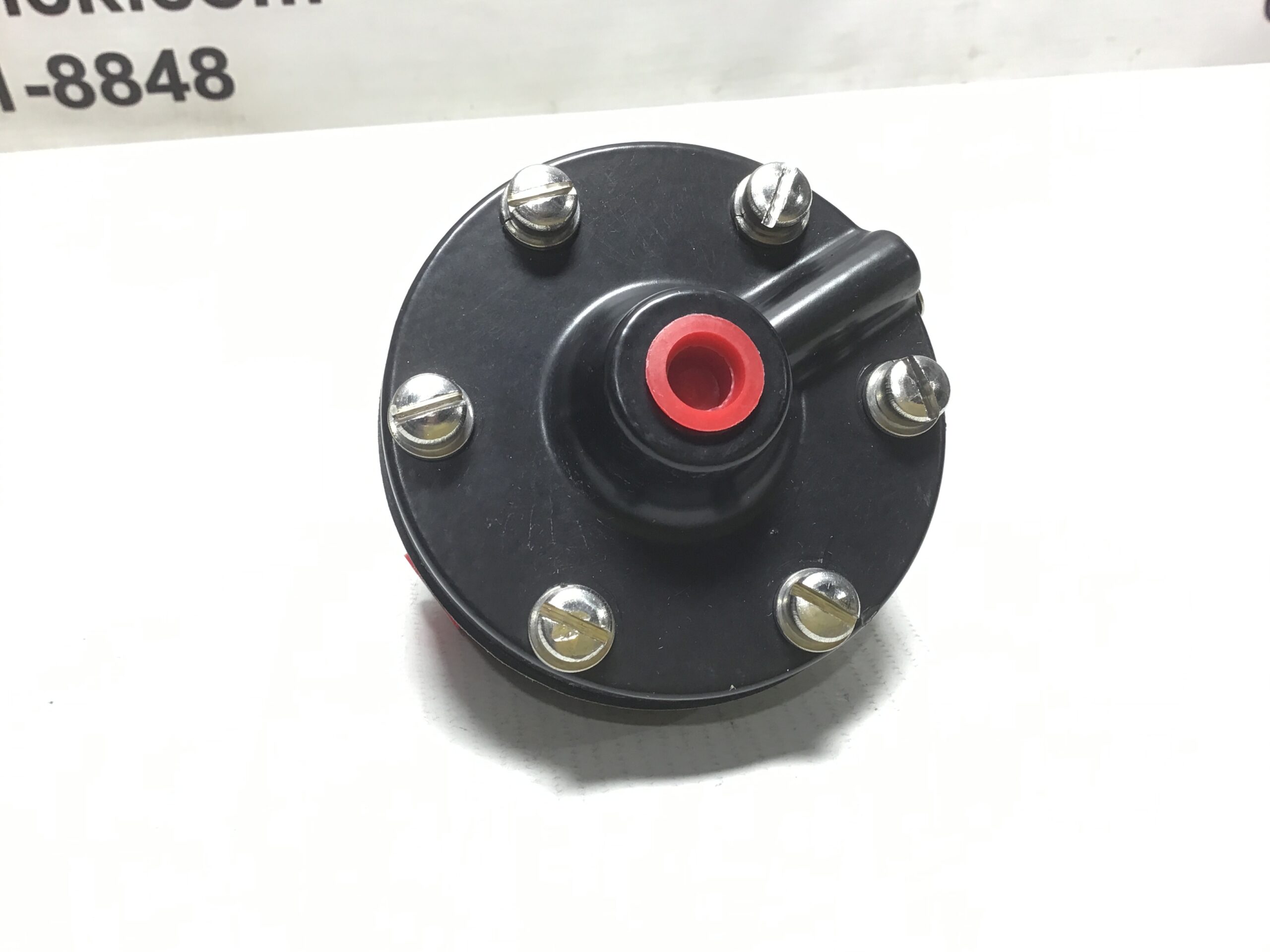
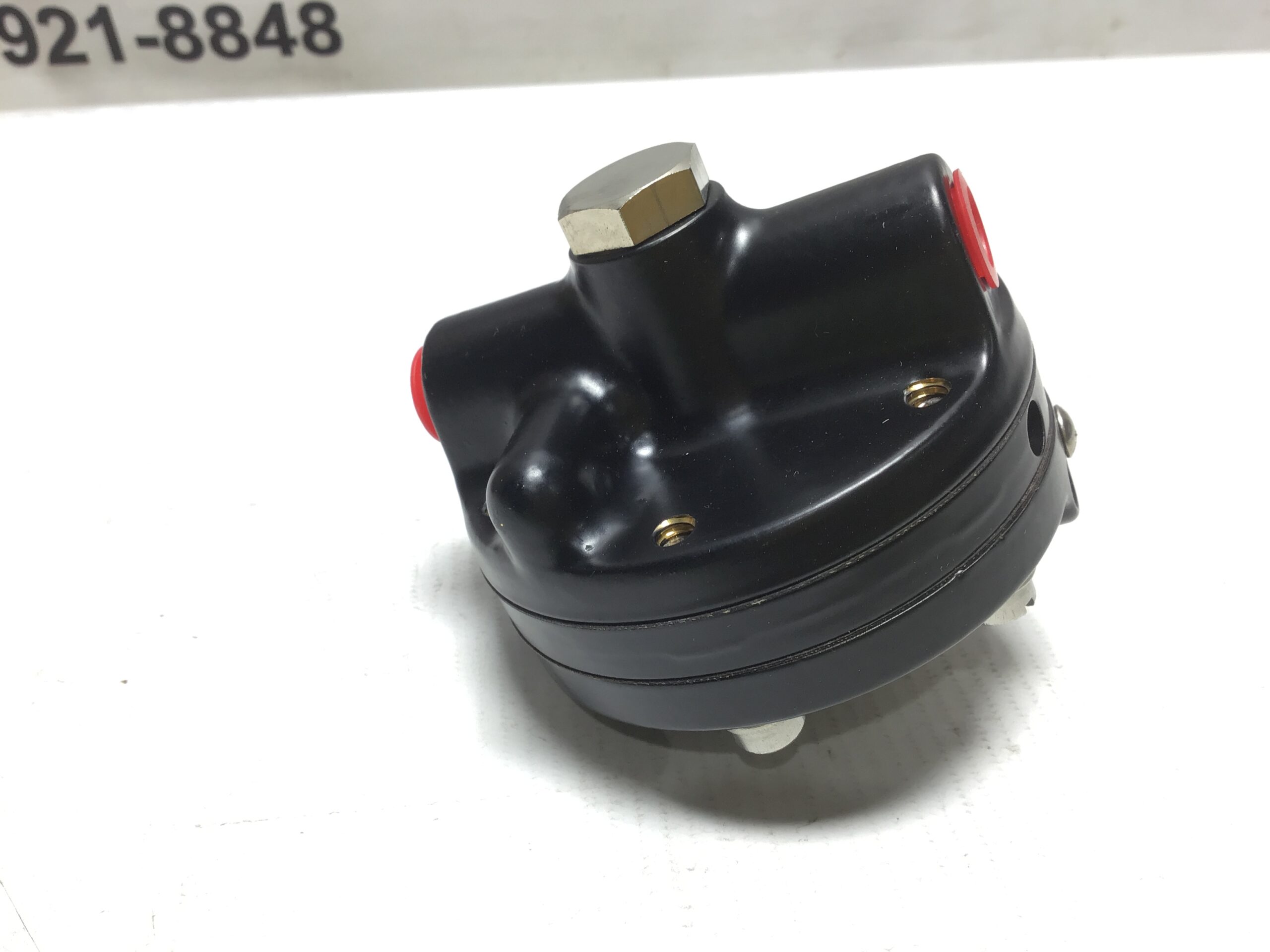
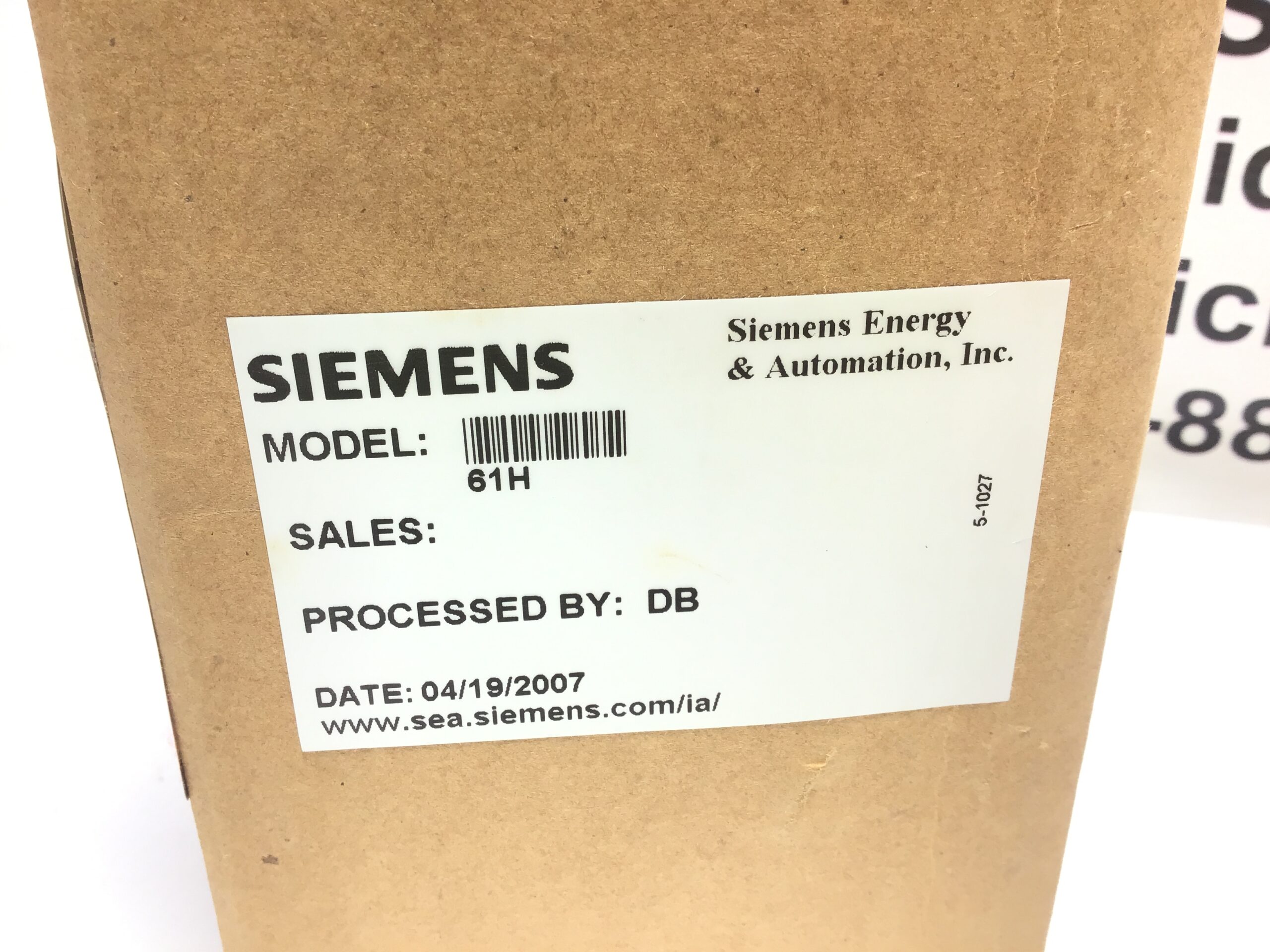
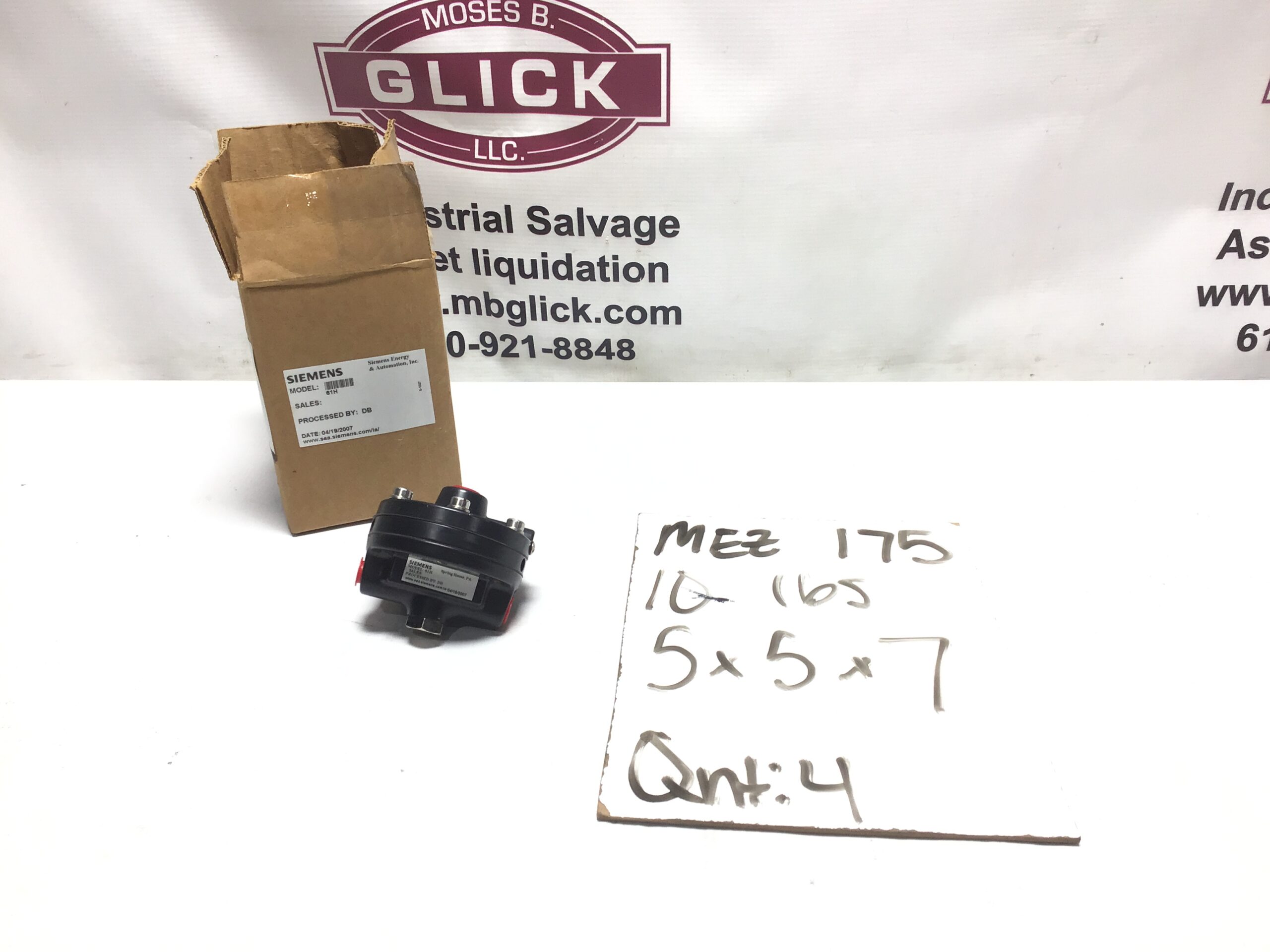
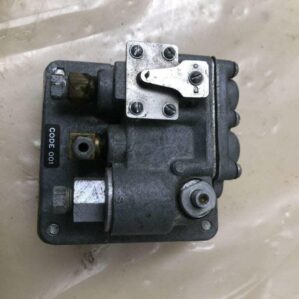
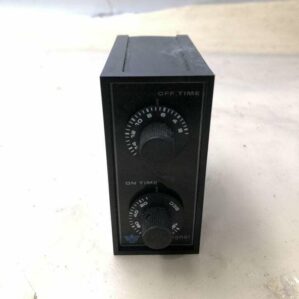

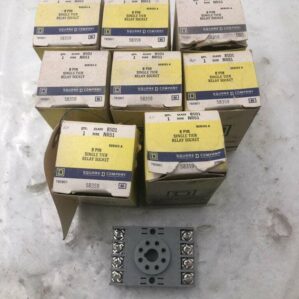
Reviews
There are no reviews yet.